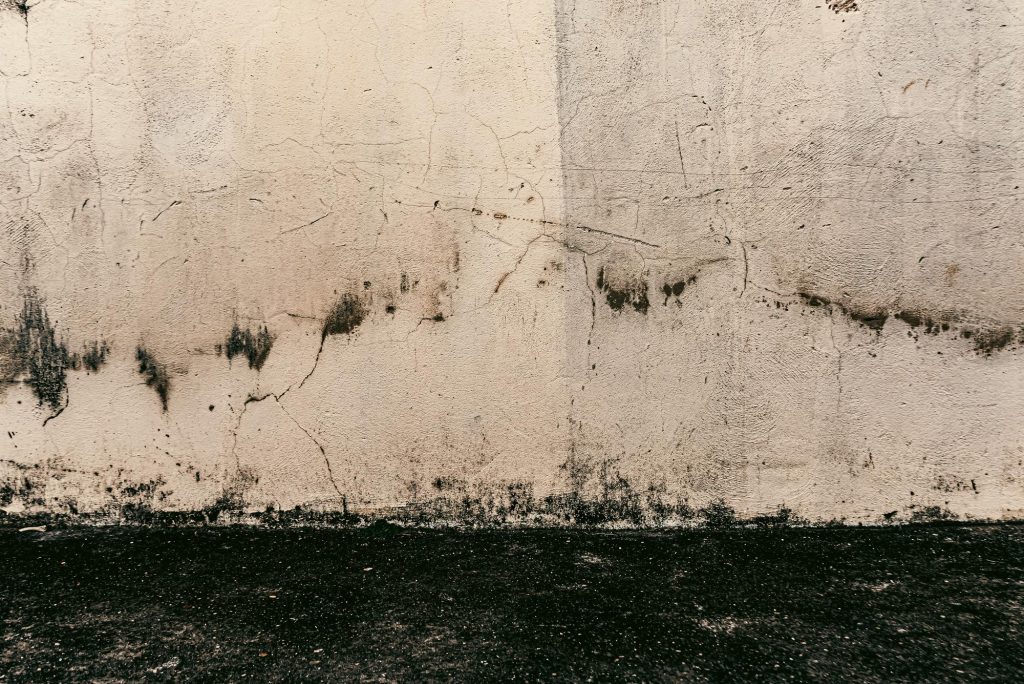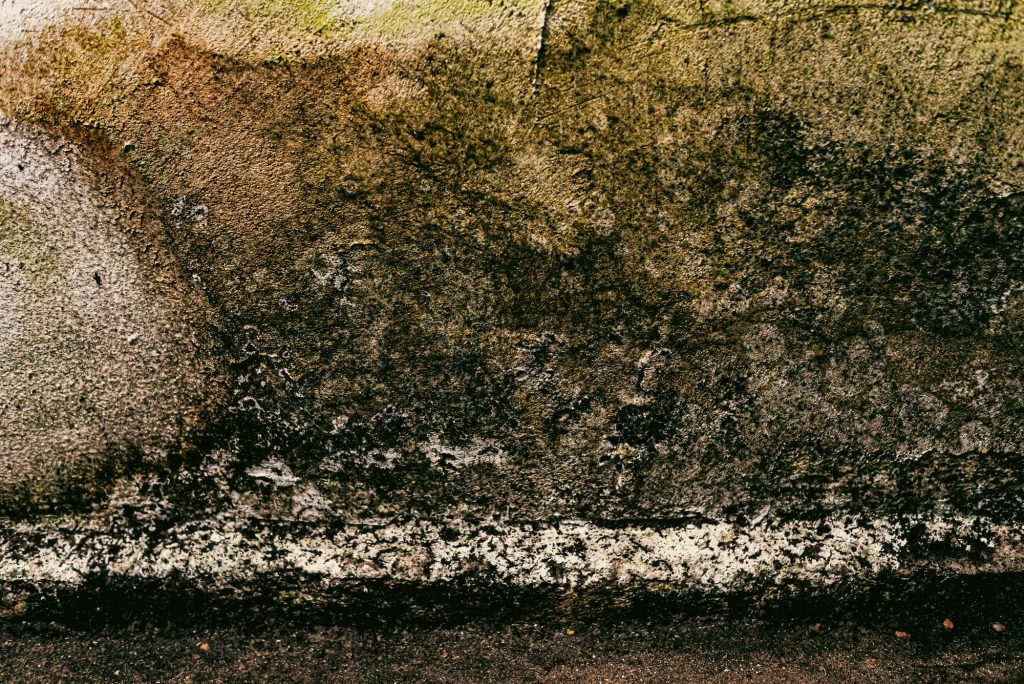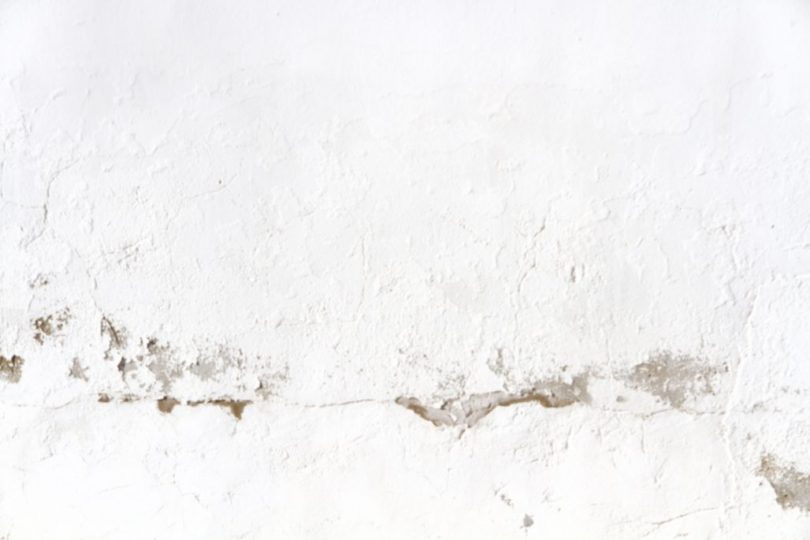Dampness is a common problem that can seriously affect both the structure of a building and the health of its occupants, damaging construction materials and also contributing to health issues such as allergies and respiratory diseases. From ShBarcelona, we explain you the different types of dampness, how to detect them, and what to do to protect your home.
Table of Contents
How to Detect and Act Against Dampness in Your Home
Clear signs of dampness include stains on the walls, mold, bad odors, and peeling paint. If you detect any of these signs, it is crucial to act quickly to avoid further damage and health issues.
Types of Dampness
Penetrating Damp
Penetrating damp occurs when water from the outside enters the building through cracks, deteriorated roofs, or poorly sealed joints.
This type of damp can cause mold, stains, and structural damage, as well as lead to health issues.
❌ Causes:
- Poor waterproofing.
- Structural cracks and lack of insulation.
- Blocked drains or damaged roofs.
✅ Solutions: It is essential to identify and repair the source of the filtration. Afterward, the affected materials should be dried, and waterproofing should be improved to prevent future leaks.



Filtration damp. Photo via Freepik
Condensation Damp
Condensation occurs when water vapor in the air comes into contact with cold surfaces, such as windows or poorly insulated walls, creating mold stains and an unpleasant musty smell.
❌ Causes:
- Significant temperature difference between the interior and exterior.
- Lack of ventilation in areas like bathrooms and kitchens.
- Excessive use of heating or poor thermal insulation.
✅ Solutions: To prevent condensation, it is essential to ventilate spaces properly and improve insulation.
If damage occurs, clean and disinfect the affected surfaces, repair cracks, and apply anti-mold treatments.



Condensation damp. Photo via Freepik.
Capillary Damp
This type of damp rises from the ground through the foundations and walls, mainly affecting poorly waterproofed ground floors and basements. It manifests as stains and mold on the lower parts of the walls.
❌ Causes:
- Water stagnation in the subsoil.
- Foundations without proper protection against moisture.
- Low-quality insulation and coating materials.
✅ Solutions: The most effective solutions include chemical injection to create water barriers, electroosmosis to redirect moisture to the ground, and the HS-221 electromagnetic wave system.
If the damp has caused visible damage, it is recommended to clean with fungicide and apply anti-mold paint.



Capillary damp. Photo via Freepik
Infiltration Damp
Infiltration damp occurs when water penetrates the building from the outside, mainly affecting basements, garages, and storage rooms that lack a proper waterproof barrier. This leads to stains, fungi, and the accumulation of humid air.
❌ Causes:
- Underground aquifers seeping through the foundations.
- Water leaks from private or neighboring installations.
- Deteriorated walls allowing water to enter.
✅ Solutions: To combat water infiltration, it is important to install drainage systems, repair leaks, and coat the walls with breathable materials like plaster or lime. Additionally, improving ventilation and regularly inspecting structures is recommended.



Infiltration damp. Photo via Freepik
Solutions to Combat Dampness
As you’ve seen, dampness can have various causes and manifest in different ways. To combat it, it is essential to conduct a proper diagnosis and apply the right solutions, whether by improving ventilation, reinforcing waterproofing, or repairing structural damage.
Do you need real estate advice in Barcelona?





















Leave a Comment